
Read or listen offline
Amazon Kindle
áudio gerado automaticamente
1×
Faça o Login para ouvir o resumo em áudio.
áudio gerado automaticamente
Recommendation
Words and their meanings matter. Financial journalist Gillian Tett provides a well-structured and thoughtful analysis into the origins of the words “finance,” “credit” and “bank” as they relate to the causes of the Great Recession. She persuasively argues that financiers developed an inflated view of the goods they were offering in their increasingly complicated world, in which finance had become an end in itself rather than the means to an end. Executives, analysts and students of finance will find these economic musings important food for thought.
Summary
About the Author
Gillian Tett is US editor-at-large for the Financial Times.
By the same author
Learners who read this summary also read
Book
Book
Book
Book
Book
Book





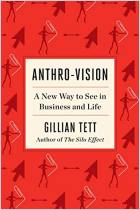

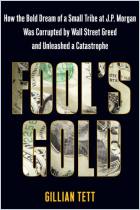
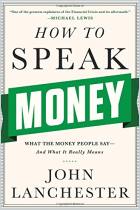
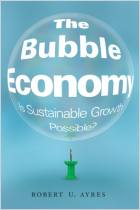
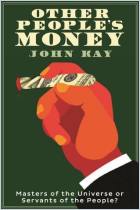
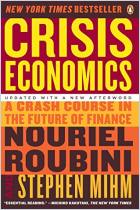
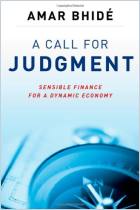
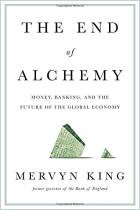





Comment on this summary